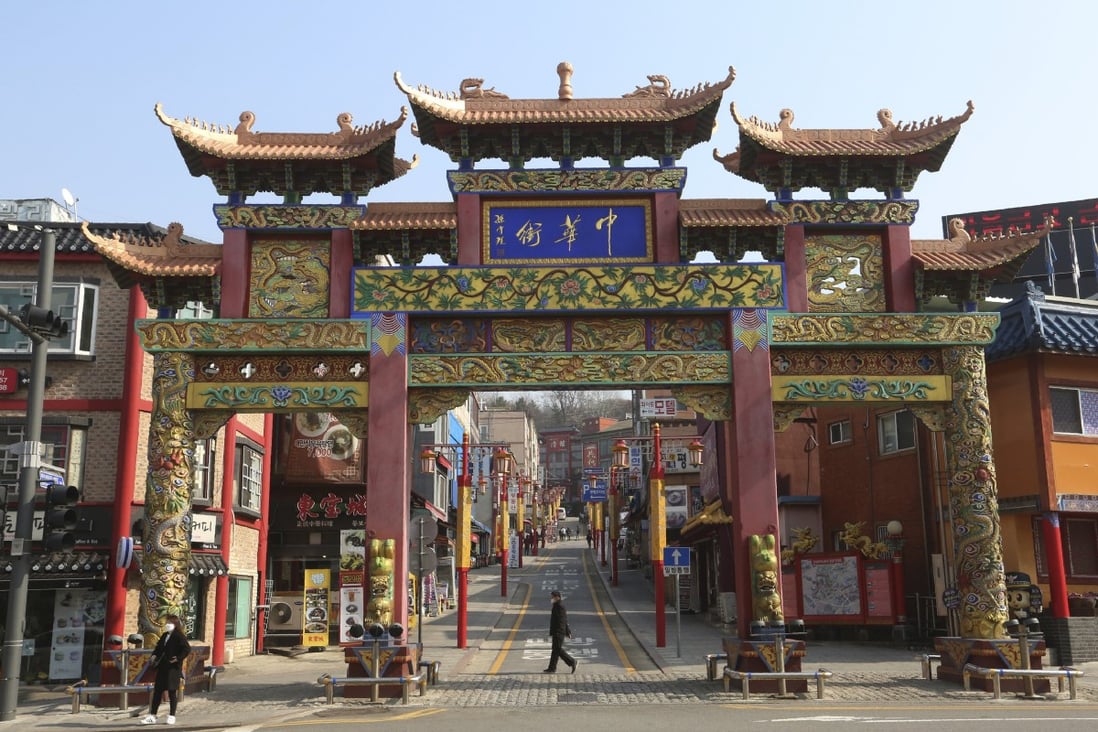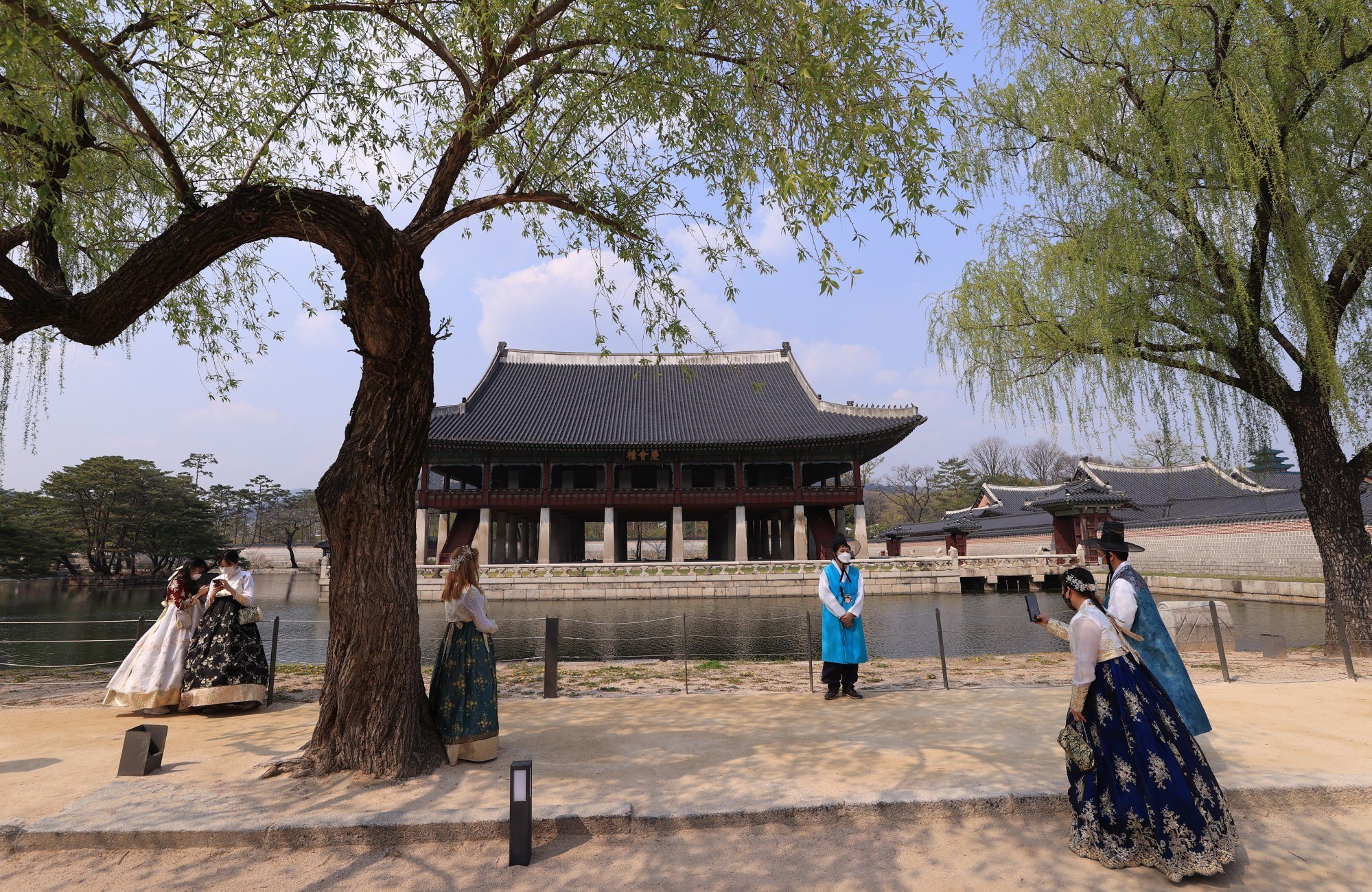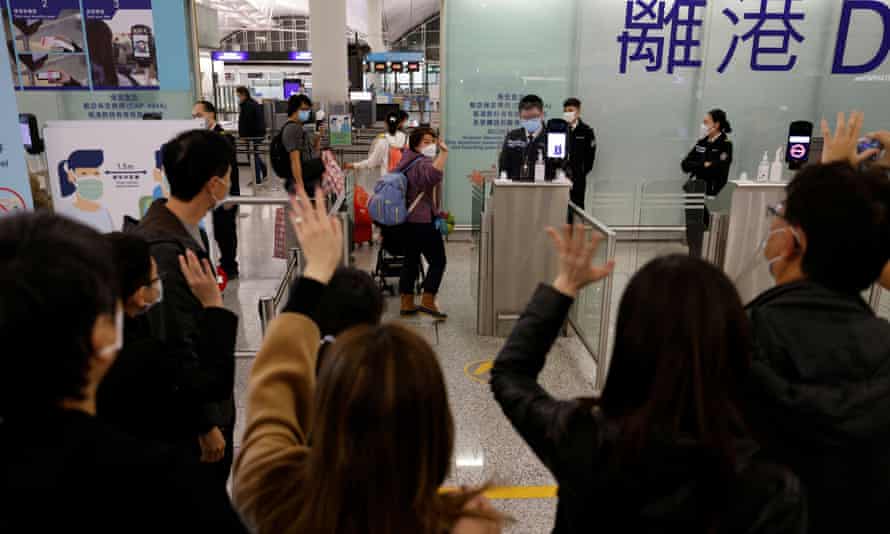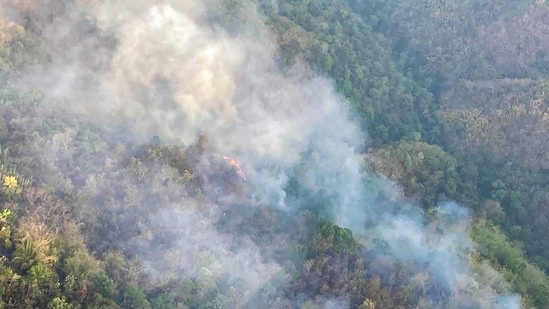BANGKOK
(AP) — Ethnic Karen guerrillas said they captured a Myanmar army base
on Tuesday near the border with Thailand, representing a morale-boosting
action for those opposing the military’s takeover of the country’s
civilian government in February.
Myanmar’s
military staged airstrikes several hours later on villages in territory
controlled by the Karen forces, according to a guerrilla spokesman, a
senior Thai official and a relief worker.
The
fighting took place three days after a meeting of Southeast Asian
leaders to try to hammer out a plan to restore peace in Myanmar, where
the military government has attempted to suppress widespread opposition
to its rule through the use of lethal force. More then 700 protesters
and bystanders have been killed by security forces, according to several
detailed estimates. The junta’s figure is about one-third of that.
A
spokesman for the Karen National Union, the minority’s main political
group seeking greater autonomy from Myanmar’s central government, said
its armed wing attacked the base at 5 a.m. and burned it down just after
dawn.
Casualty
figures were not yet known, the KNU’s head of foreign affairs, Padoh Saw
Taw Nee, said in a text message. There was no immediate comment from
Myanmar’s military government.
The
KNU, which controls territory in eastern Myanmar near the Thai border,
is a close ally of the resistance movement against the military coup
that ousted the elected government of Aung San Suu Kyi. Its armed wing
is called the Karen National Liberation Army.
Video
shot from the Thai side of the border showed flames rising from the
government position on the banks of the Salween River amid the sound of
heavy gunfire. The river marks the border with Thailand.
Padoh
Man Man of the KNLA’s 5th Brigade, which launched the morning attack,
said Myanmar’s military carried out airstrikes in the early afternoon,
but he did not know how many casualties there were. He described the air
raids as a “heinous war crime” and called for the international
community to pressure the junta to stop them.
Sithichai
Jindaluang, the governor of Thailand’s Mae Hong Son province, confirmed
at a news conference that Karen guerrillas had overrun the Myanmar base
and said a woman on Thai soil was wounded by a stray bullet. He said
about 450 villagers have been evacuated from Mae Sam Lap for their own
safety.
Sithichai also said a Myanmar military aircraft later bombed a Karen village.
Dave
Eubank of the Free Burma Rangers, a humanitarian aid group with
extensive experience in the area, said he could confirm there had been
airstrikes on Karen villages in Papun district. He said five bombs were
dropped but caused no casualties. Myanmar’s army was also staging ground
attacks in the area, Eubank said.
Fighting between the KNU’s armed wing and Myanmar’s military has been intense since February.
Myanmar
jets have bombed and strafed Karen villages since March 27, and its
army has deployed new battalions to the area, in possible preparation
for a large-scale offensive.
Up to 25,000 villagers have fled their homes and are hiding in jungles and caves, according to Eubank.
In
response, the KNLA has kept up guerrilla attacks on Myanmar patrols and
bases. The KNU has also given shelter to activists against military
rule who have fled the government’s crackdown on the resistance movement
in the cities.
There
is a similar situation in northern Myanmar, where the Kachin minority
says it has captured several government outposts and has been the target
of air attacks.
The
Karen and the Kachin are two of the bigger minority groups that have
been seeking greater autonomy for decades, during which there have been
periods of armed conflict punctuated by cease-fires.
The
city-based resistance movement against the ruling junta has wooed the
ethnic guerrilla groups in hopes that they can form a federal army as a
counterweight to the government’s armed forces. A parallel National
Unity Government established by elected lawmakers prevented from taking
their seats by the army has appointed representatives of several
minority groups to ministerial posts.
On
Tuesday, a flash mob of anti-military protesters surged through an area
of Yangon, Myanmar’s biggest city, for the second successive day to
show fleeting but unyielding defiance of the ruling junta.
Such
open protests have become less frequent since a brutal crackdown by the
security forces began, but activity has picked up following Saturday’s
meeting of the Association of Southeast Asian Nations in the Indonesian
capital, Jakarta, with junta chief Senior Gen. Min Aung Hlaing in
attendance.
The
meeting prompted some guarded optimism after it issued a statement
reporting a “five-point consensus” on Myanmar’s crisis. It called for
the immediate cessation of violence, a dialogue among all concerned
parties, mediation of the dialogue process by an ASEAN special envoy,
provision of humanitarian aid through ASEAN channels, and a visit to
Myanmar by the special envoy to meet all concerned parties.
However,
a statement from the junta about the meeting published in Tuesday’s
state-run Global New Light of Myanmar newspaper made no mention of the
consensus statement. It emphasized that Myanmar would “give careful
consideration to constructive suggestions made by ASEAN Leaders when the
situation returns to stability in the country since priorities at the
moment were to maintain law and order and to restore community peace and
tranquility.”







![A burqa-clad Sri Lankan Muslim woman in the capital, Colombo [File: Eranga Jayawardena/AP]](https://www.aljazeera.com/wp-content/uploads/2021/03/AP_21072501817056.jpg?resize=770%2C513)

 Had
it gone ahead, the Korea-China Culture Town would have been built on a
site 10 times larger than the country’s most famous Chinatown in Incheon
(pictured). Photo: AP
Had
it gone ahead, the Korea-China Culture Town would have been built on a
site 10 times larger than the country’s most famous Chinatown in Incheon
(pictured). Photo: AP




